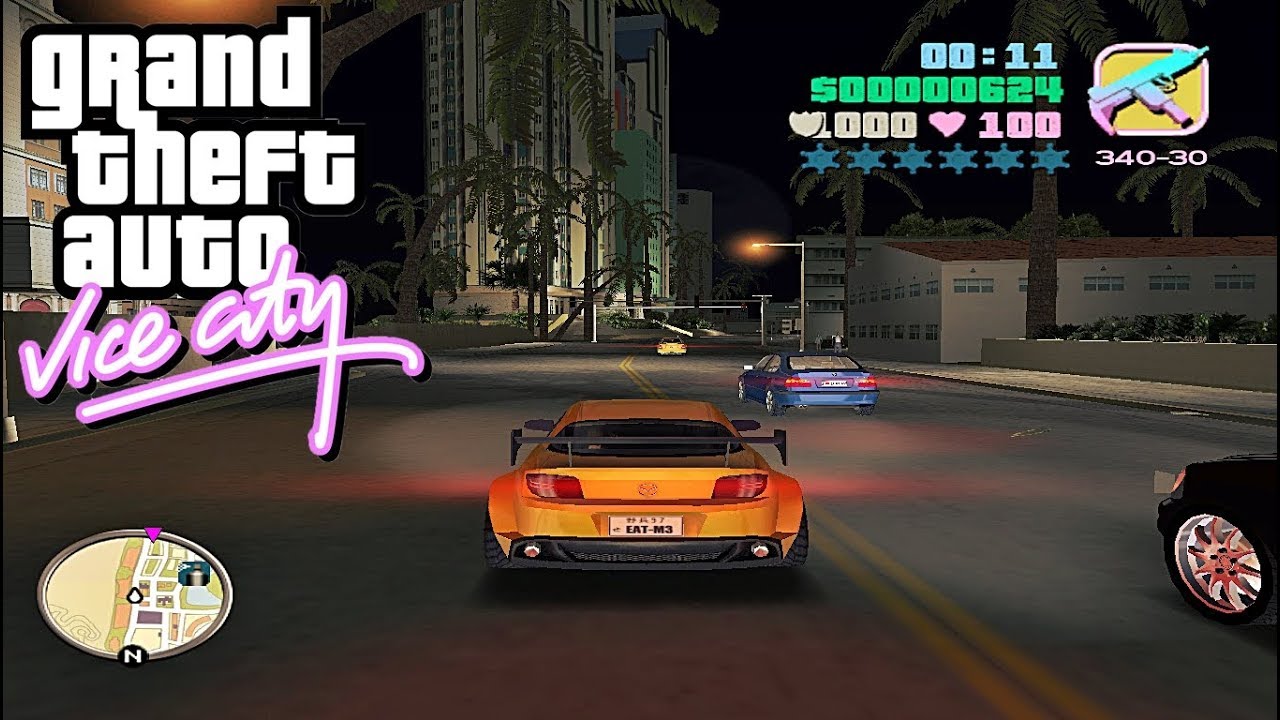
Roveena Jassal in an undated photo with her family in front of the Golden Temple in Punjab, India. "For some people, it's really important as to their identity and they may have felt very lost and they feel this very strong sense that they need to find out who they are and where they came from," Hernandez-Ramdwar says. She says reconnecting to culture can mean something different for everybody. Finally, not only because I was around people that accepted me, but I think it's because I finally just accepted who I was." Younger generation curious to learn more, prof saysĬamille Hernandez-Ramdwar, a professor at Ryerson University specializing in sociology and Caribbean studies, teaches about cultural reclamation and has students in her class embarking on the same journey.

And that naturally meant following cultural things." "I found my friends who happened to be Indian because I just naturally wanted people who liked Indian culture. She says all that changed when she entered university, where students who looked like her encouraged her to embrace her culture. She says it helped her feel more like herself and finally comfortable rediscovering her culture. Jassal, second from left, says finding friends who finally helped her fully embrace her culture and enjoy being a part of celebrations. My identity always felt very invalidated."Īs part of a new series, Rediscovering Culture, CBC Toronto is exploring the ways people in the GTA are reconnecting and learning about the cultural identity and familial roots and how that journey shapes them to be who they are. I never thought of myself that way, only thought of myself as what I was: Trinidadian-Guyanese. "When I was younger, I didn't really have the information to explain," she says. People were very quick to assume she was Indian. Growing up, she says there was no one in her classes that identified as Indo-Caribbean, or knew what she meant when she'd acknowledge her Guyanese or Trinidadian roots. She says she's never really looked into her roots before or even knew the names of her great grandparents. Since 2019, she's been on a journey to learn more about her cultural identity.

"It was really overwhelming and it was kind of tricky because I just felt like I didn't know myself enough."Ĭhutkhan has Trinidadian and Guyanese roots. "I felt I was just in this very strange place in my life where I didn't really know where I was going," she recalls.

For Tiara Jade Chutkhan, reconnecting with her Caribbean roots came at a time in her life where she was searching for answers.


 0 kommentar(er)
0 kommentar(er)
